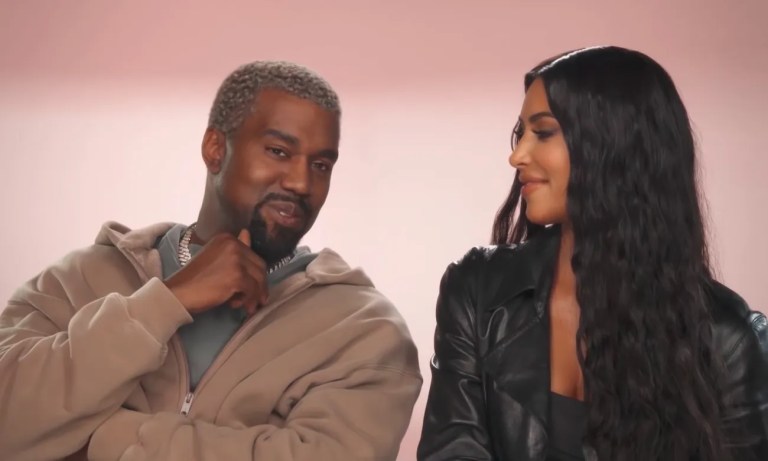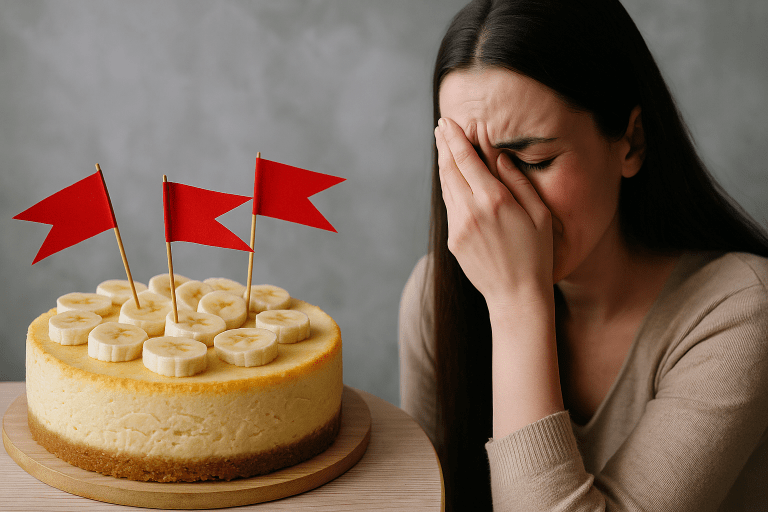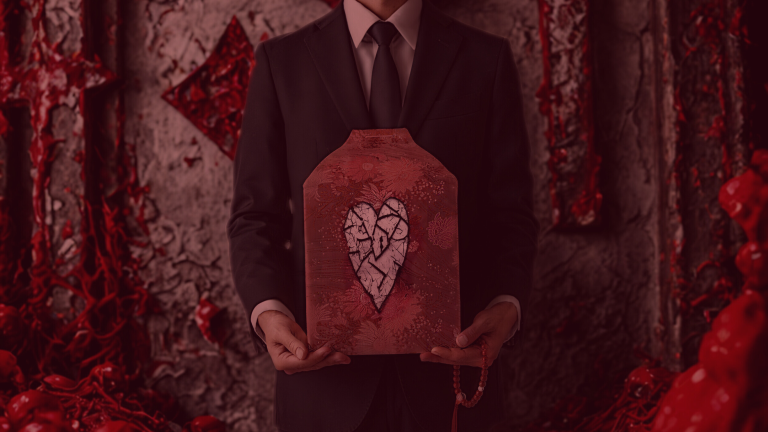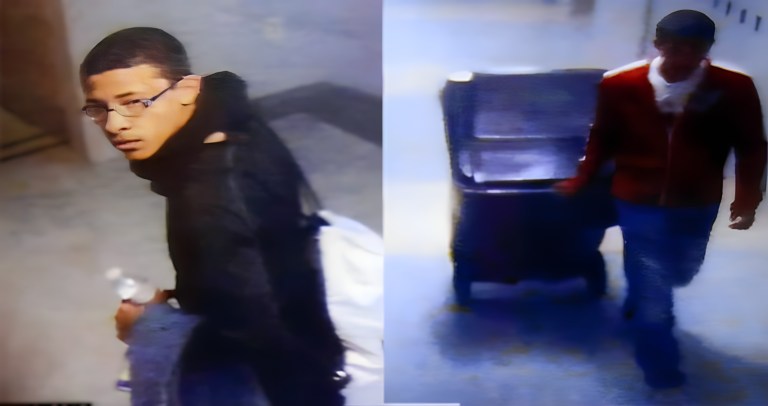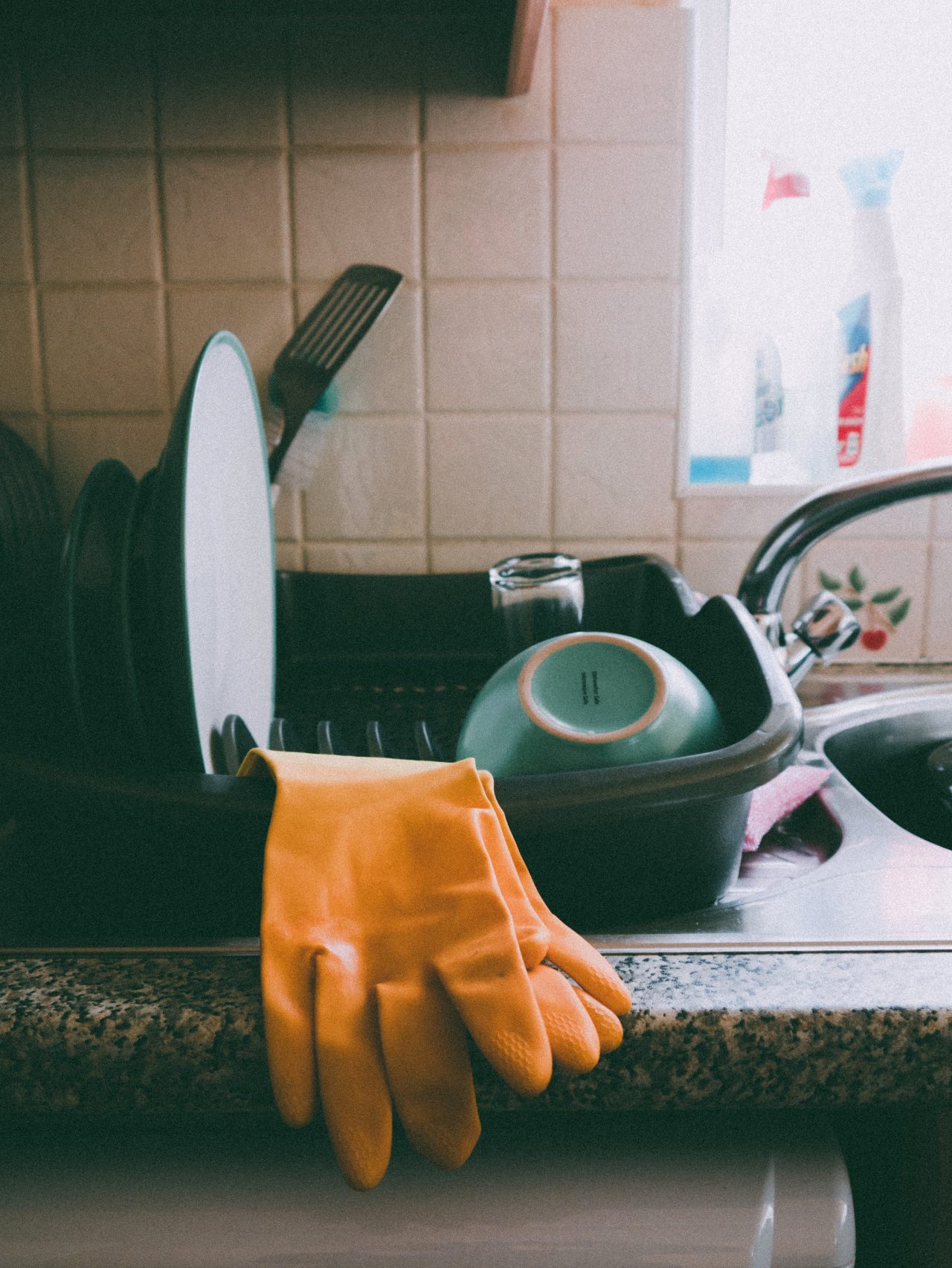
You Are Not Weak—Isolation is Hard
“You have to go where tomorrow?” Kate asked.
Not a freckle moved on her face. She stood frozen, staring at me. The dog, whose life is immensely improved now that both his owners have been home for 12 days, continued sniffing. He is oblivious.
“Into the office,” I repeated. “We need to shoot this video for the company about the virus stuff.”
She rattled off her concerns. The two of us swapped best practices. Yes, I would take in gloves to handle the equipment. Yes, I would stay away from people. Yes, I would carry hand sanitizer. We started self-isolation several days before the rest of Tennessee. Kate has asthma. We didn’t want to mess around.
Now, I was going to risk her life for a video?
The hours passed as we distracted ourselves with chores. Later that night, the message came through. I could stay home. Kate breathed a sigh of relief. I exhaled as well, but some part of the back of my brain threw a fit.
A part of me wanted to face the danger head on.
The best comparison I have to explain my conflicted mind is the popular show The Walking Dead. Every episode, the main character Rick finds some reason to leave the safety of the hiding spot. Every episode, you say “Don’t do that, you idiot!” Without fail, he attracts trouble.
But he’s going. He’s moving. He’s fighting. It feels like he’s doing something.
Right now, none of us have the luxury of aggression. We can’t go gun down this threat. One reason this pandemic feels so oppressive is because our brains know there is a problem, so our adrenals are fired up.
When those fight or flight hormones are kicking, your body wants to sprint or punch something. It does not want to stay indoors, waiting for the problem to go away.
This internal warfare is uncomfortably fitting for this generation. Up until now, mental illness was the fight of the decade. The World Health Organization now says 1 out of every 4 people are affected by such an affliction.
We were just starting to find solutions for some of those afflictions. Globally, we started to acknowledge endless scrolling is bad your mental health. In fact, users on the platform Tik Tok are so addicted to the content that the site owners have actively asked them to log off. Talk to friends. Socialize. Go on dates. Take a break. Find mental healing away from the screen.
Now, with COVID-19 rushing across the globe, we can’t do any of those things. We are indoors, accompanied only by the very devices that cause many mental problems in the first place.
Is staying inside with all our creature comforts objectively harder than, say, rushing beaches in France? Of course not. Empty grocers do not compare to blood and bullets. As I joked to my wife last night: “Your granddad marched for General Patton. I’m annoyed because Kroger only had this chewy lean turkey.”
But there is, of course, no point in comparison. We can only look forward.
Our ancestors fought battles of the body. We are fighting a battle of the mind. Soldiers trained for war. We have zero preparation for this. Physical warfare is brutal. Punishing. Heroic. Admirable. Staying indoors to go to war with an invisible enemy is also difficult.
It’s okay to struggle with what is happening in the world right now.
You will have bad days. You will get cabin fever. You will get lonely. You will start to despise your favorite shows. Consider those feelings the battle scars of our generation. Wear them with pride. Imagine yourself on the other side saying “I almost gave up, but then…”
Because there is another side of this. There is hope. Take a deep breath, and keep breathing from sunrise to sunset. You can live through this.
This article was originally published on PS I Love You. Relationships Now.
